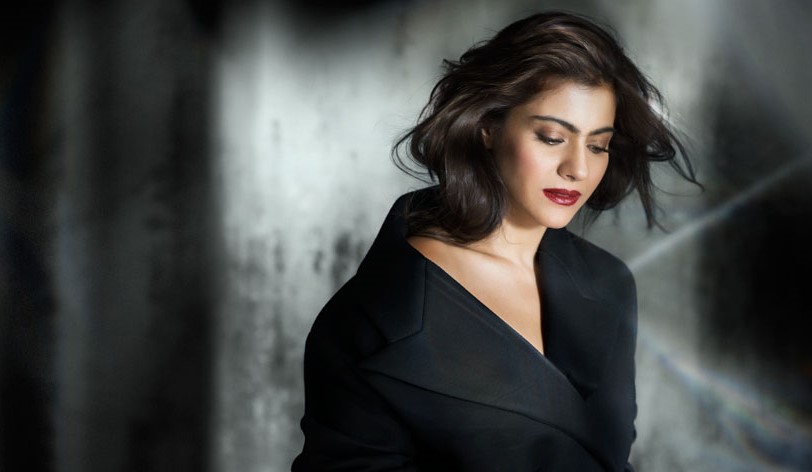Kajol’s last film, ‘Dilwale’, released two years ago. Now, the actress will be seen in the Tamil-Hindi bilingual, ‘VIP2‘ (Lalkar), alongside Dhanush. It’s 25 years since she made her debut in Bekhudi (1992). The actress, in a candid chat, gets nostalgic about the old days…
In earlier days, films would be done just on the basis of relationships back in the day.
Kajol agrees. “I don’t think we ever had contracts then. There would be just a one-page signing memo at the end of every film or at the time of release, that too, if you asked for it. There are films we have done without contracts, just on the basis of handshakes, or for friends, and never thought about it again. Some films, we have actually done for free, and I know it’s shocking in this day and age. We didn’t charge a penny and did the film because the producers were struggling to make the movie.”
The actress believes that things have changed for the better today. “It’s more professional. Bollywood has become a big industry. Earlier, the industry was much smaller and there used to only be a handful of people working. Now, there are corporates, so there are a hundred different avenues and reasons to have a job. The time has changed. In a lot of ways, for the good and in a lot of ways, for the bad,” Kajol says.
When Kajol joined the industry, stars would sign 10-12 films simultaneously, and shoot for more than one film at a time. “Most actors would do day-and-night shifts to complete two films at the same time — hop from one set to the other. It was hectic, but it was fun,” laughs Kajol. She continues, “That’s not because we had a personal equation with the filmmaker or better understanding at the time. That is because people have realised now that you can’t do everything. At that point of time, every film did well. I don’t think there was anything that you could have called a very big flop. It was a different time and space altogether and everyone watched everything because there was no other form of entertainment back then. Now, people are more conscious about what they are doing, what they are saying on and off screen. That also contributed a lot to it. Again, for the better and because it’s a different world today than what it was then.”
The ’90s was the time for the best multi-starrers. Big stars wouldn’t mind sharing screen space in a film — something that rarely happens now.
Kajol agrees, “That’s the whole point. Nobody is that confident about the other person anymore, to do a multi-starrer. That is why I am saying that there definitely are some good changes, but there are also changes that are not-so-great. Back then, everyone was friends, everyone knew each other. We were all drinking buddies. We knew each others’ families, wives, and children. Now, it’s suddenly all about I, me, and myself… more about ‘me’ as a brand. Will I work with another person? Will that affect my brand equity? Will the other person overshadow me? So, yes, there are a lot of insecurities and considerations to take into account now.”
One change that Kajol is happy about in the industry is women’s growing presence in several aspects of filmmaking.
“If we talk about women’s empowerment, there is a big difference in the film industry today. We have women in capacities other than just as heroines. That in itself shows how progressive our country has become. I have always believed that Bollywood has been one of the most progressive industries in the world. We have no division. We actually give work to people who are talented. We have directors who are females. There are women handling the camera, production staff who are ladies. That’s a hardcore job that would probably have all the guys looking at and saying, ‘Really? Production?’ That’s something that we, as an industry, need to pat ourselves on the back for.”

